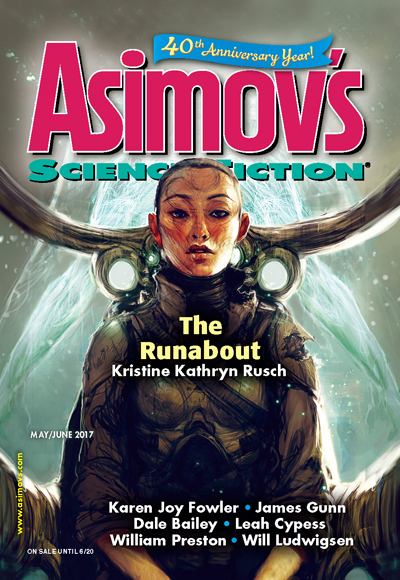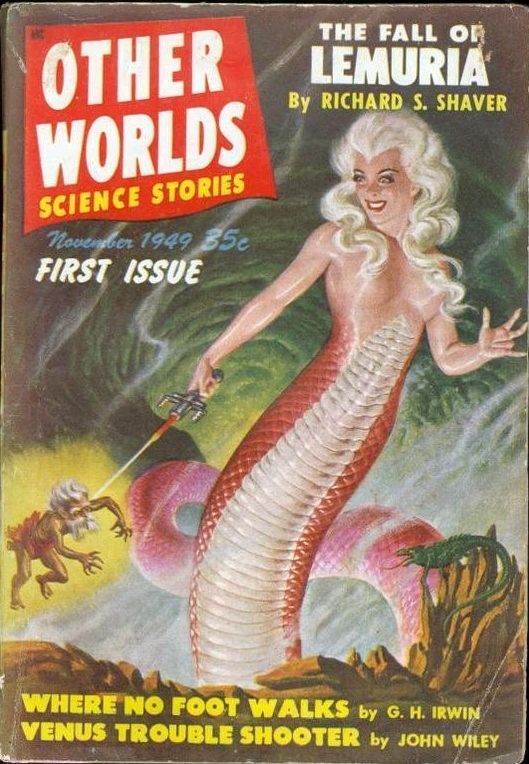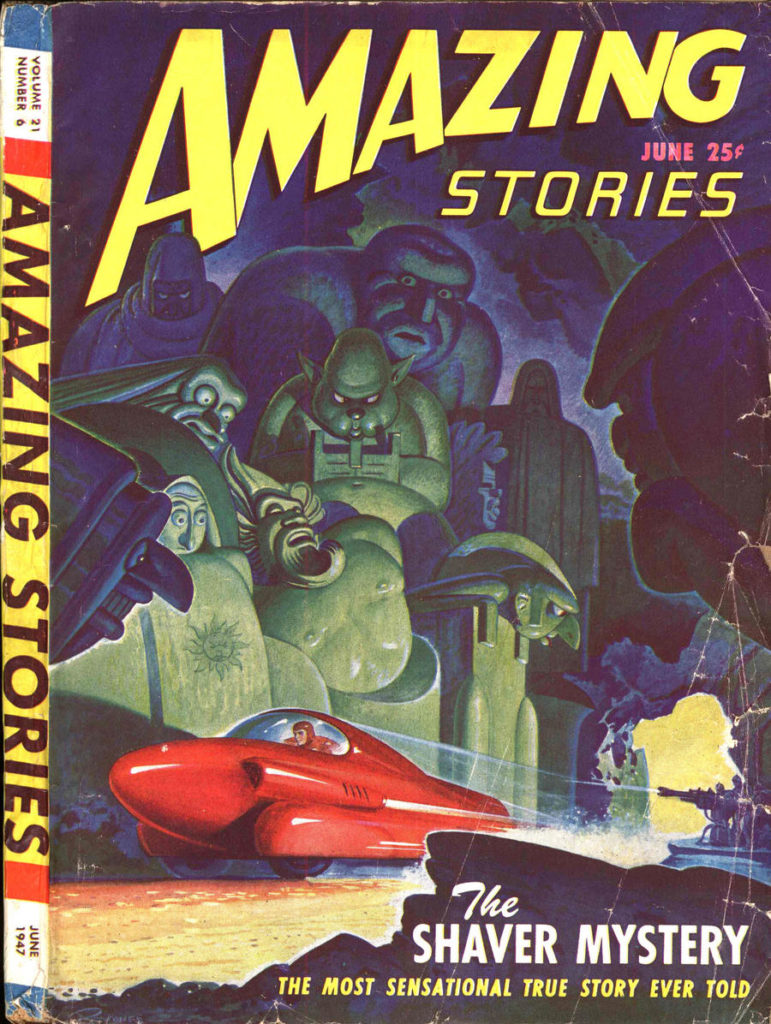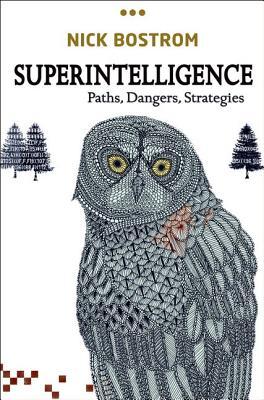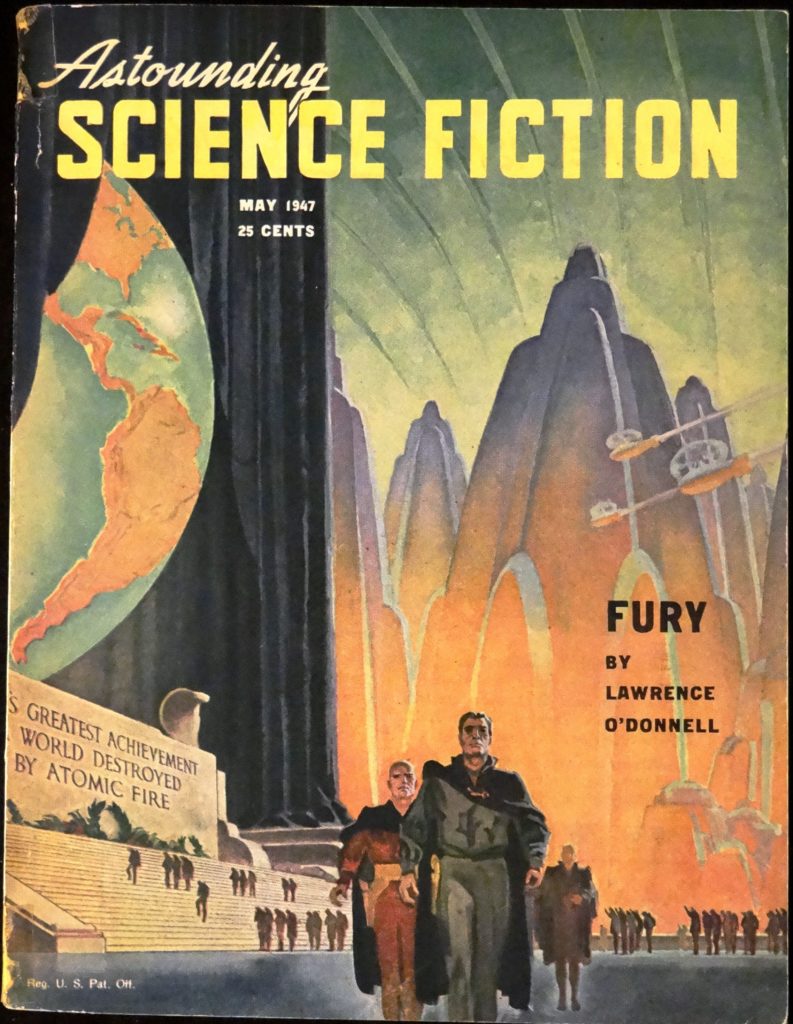The current misery being created by the GOP for most Americans, slated to hit in a few years, when they have lost power, to make Democrats look awful, has me thinking about what we could do with healthcare, for pennies on the dollar of what we spend now. And how we might do that.
One thing to do, like the patriot act, is to have legislation ready to be rammed through congress in the aftermath of a foreseeable tragedy.
Climate change disaster is an obvious idea. Scientist’s refusal to name any specific event as being 100% caused by climate change saps CC of its power, alas; nobody wants to hear that so and so disaster is now 20% more likely. This won’t work for people who buy scratch tickets and cigarettes at the same gas station. You know. Swing voters.
So, what’s left?
Well, let’s talk about the first bioweapon, which CRISPR tech is making as we speak, somewhere in the world.
I once spent twenty minutes wrestling a conserative to the mat, getting him to admit that the lack of a national healtcare system could be the chink in our armor that lets a disease, natural or artifical, go from being a manageable outbreak to a full blown pandemic.
It was amazingly hard to do this. His brain, a great brain, he scored higher than I did always on standardized tests in high-school, had been damaged by a lifetime in the financial industry working for parasites and pests of various sorts.
I dug up the data. People without insurance delay going to the doctor by 10-20 days; incubation period and infection vectors mean that during those days, a virus can go, ah, viral, and kill us by the millions.
He reluctantly conceded it could happen; and our lack of a national healthcare system comparable to the rest of the western world could be the root cause.
So.
We need the Bioweapon Defense Shield Act. Like Star Wars missile defense, this is a metaphorical dome which protects us from something utterly horrifying; like Star Wars, it only has to work a little to be worth, in political terms, a whole helluva lot.
The Defense shield comes with a national ID card. So everyone has access to the kiosk, and as a nice side effect, this kills that GOP voter suppression tactic. The kiosks are a system which dispenses vaccines, tons of them, very quickly, or any injectable cure. They have sensors to estimate mass; they have access to data to determine cross toxicities, risk factors; the kiosks cannot be sued. Medicine distributed via them cannot trigger malpractice.
Probably, we’ll need to have one event where people skeptical of the vaccines and the gub’mint die like flies, to get people to trust the things. Never mind. The plagues are coming.
So, the BDS kiosks become a cheap as dirt, high bang for the buck Doctorless healthcare for the poor program over time. All immunizations, and then, perhaps, other problems. They take readings, they have skype screens, and they’re patched into an Amazon-like machine of support people, escalating as needed.
The system has some low amount that it sees poor people as being worth, and AI is used to get the most bang for the buck for treatments. Sometimes it just gives people euthanasia drugs.
It’s the lilbertarian, break the medical cartel system. Real doctors become the luxury they are, for the professional and shareholder classes. Regular people use AI doctors and the PAs that the AIs hand people off to.
The AI Grinds on the data, and figures stuff out. Fitness trackers that allow access to additional treatments? Premptive, proactive treatments. We don’t really know what we don’t know here; what we need is a giant pool of carefully anonymized data, or data signed over willingly to an entity whose ultimate purpose isn’t extracting profits, but improving health. Cheaply. Eventually, as with the financial industry and programatic index funds, Im guessing the AI / PA system will outperform most human doctors, giving super cheap care that is on par as good as the private system.
(Most financial planners underperform random chance; the entire financial planning industry, on the whole, is a waste of time, and we would be better off we marched them all off cliffs and told regular people, those without inside information, to just buy index funds.)
Our network of kiosks will start out, day one, far more useful than the average financial planner.
It’s a tiered system that calls a spade a spade. It quantifies how much a human life is worth to the state, and caps treatment at that level, confining itself to huge bang for the buck treatments. A system of liability controlled private kiosks building on the public system might deliver other goods and service affordably.
This is the cyberpunk future. I don’t think we do this. We will pretend we’re better than this, even though we aren’t. One day, perhaps, we will be better than this. I hope.

 I’ve been thinking about how game worlds are these socialist utopias, where all players start out equal, and social engineers continually tinker with the rules to produce the desired outcome.
I’ve been thinking about how game worlds are these socialist utopias, where all players start out equal, and social engineers continually tinker with the rules to produce the desired outcome. 
 A man in a red t-shirt sits watching TV alone in his condominium drinking a can of beer. He has recently quit smoking and feels like shit. He is wearing three nicotine patches. He has had a bad day at work. His wife has left him for another…
A man in a red t-shirt sits watching TV alone in his condominium drinking a can of beer. He has recently quit smoking and feels like shit. He is wearing three nicotine patches. He has had a bad day at work. His wife has left him for another… “It’s never right. Violence is never the answer,” my wife said.
“It’s never right. Violence is never the answer,” my wife said.